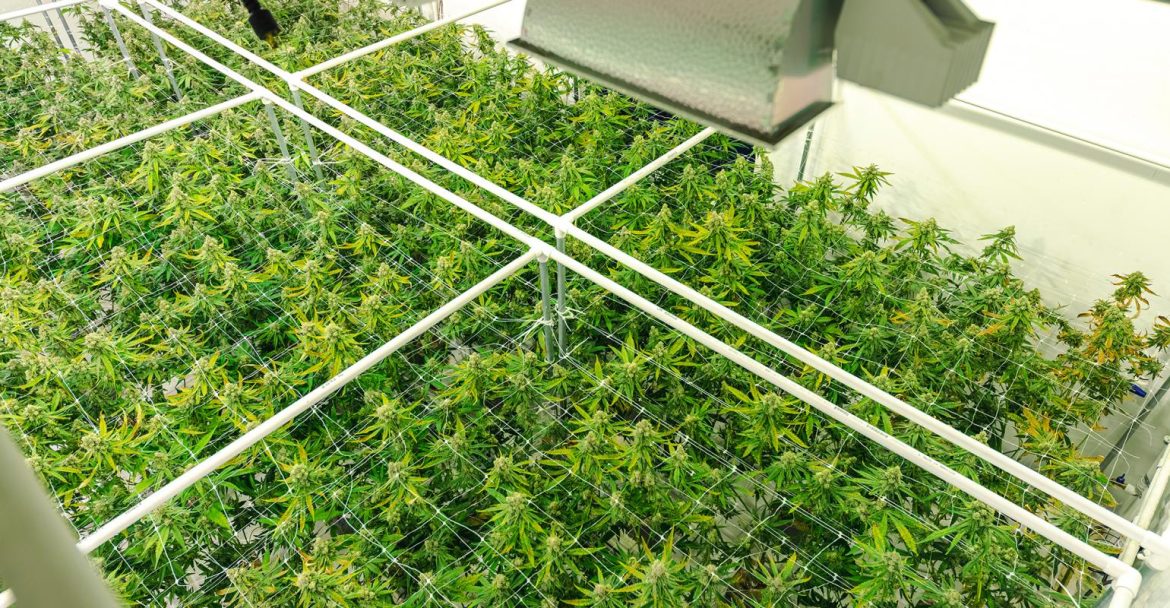The ongoing dialogue surrounding Cannabis real estate legalization is a multifaceted conversation that brings together diverse perspectives from various sectors of society. As more regions reconsider their stance on Cannabis real estate, it’s crucial to delve into the complex web of opinions, concerns, and aspirations that shape the discourse on this plant’s legal status.
Proponents of Cannabis real estate legalization often highlight its potential economic benefits and the creation of a regulated market. By legalizing and taxing Cannabis real estate, governments can generate significant revenue, channeling funds into essential public services. This approach aims to curb the black market, enhance consumer safety through quality control, and create new job opportunities within the legal Cannabis real estate industry.
From a medical standpoint, supporters emphasize the therapeutic potential of Cannabis real estate in alleviating symptoms associated with various conditions. The legalization of medical Cannabis real estate allows patients access to alternative treatments, fostering research and development in the medical field. However, it’s essential to strike a balance between medical access and preventing potential misuse for recreational purposes.
On the other side of the spectrum, opponents of Cannabis real estate legalization often express concerns about public health and safety. Some argue that increased access to Cannabis real estate may lead to higher rates of addiction and impaired cognitive function, particularly among young people. Addressing these concerns involves implementing robust education campaigns, age restrictions, and strict regulations to mitigate potential risks associated with Cannabis real estate use.
Cultural and moral perspectives also play a significant role in shaping opinions on Cannabis real estate legalization. Some argue that it is a matter of personal freedom, questioning the government’s role in regulating an individual’s choices. Others may view Cannabis real estate through a moral or religious lens, influencing their stance on whether it should be legalized or remain prohibited.
Social justice is another crucial aspect of the Cannabis real estate conversation. Advocates for legalization often highlight the disproportionate impact of Cannabis real estate prohibition on marginalized communities. The enforcement of Cannabis real estate laws has historically led to racial disparities in arrests and convictions, prompting calls for criminal justice reform and the expungement of non-violent Cannabis real estate-related offenses.
As the conversation unfolds, finding common ground is essential for crafting effective and equitable Cannabis real estate policies. This involves addressing the concerns of opponents while ensuring that the benefits of legalization are realized responsibly. Open and informed discussions, backed by scientific research, are key to navigating the complexities of Cannabis real estate legalization and fostering a comprehensive understanding of its societal implications.
In conclusion, the Cannabis real estate conversation encompasses a spectrum of viewpoints, from economic considerations to public health concerns, cultural perspectives, and social justice considerations. As societies grapple with the decision to legalize Cannabis real estate, engaging in thoughtful and inclusive discussions is crucial to formulating policies that align with the values and priorities of diverse communities.



